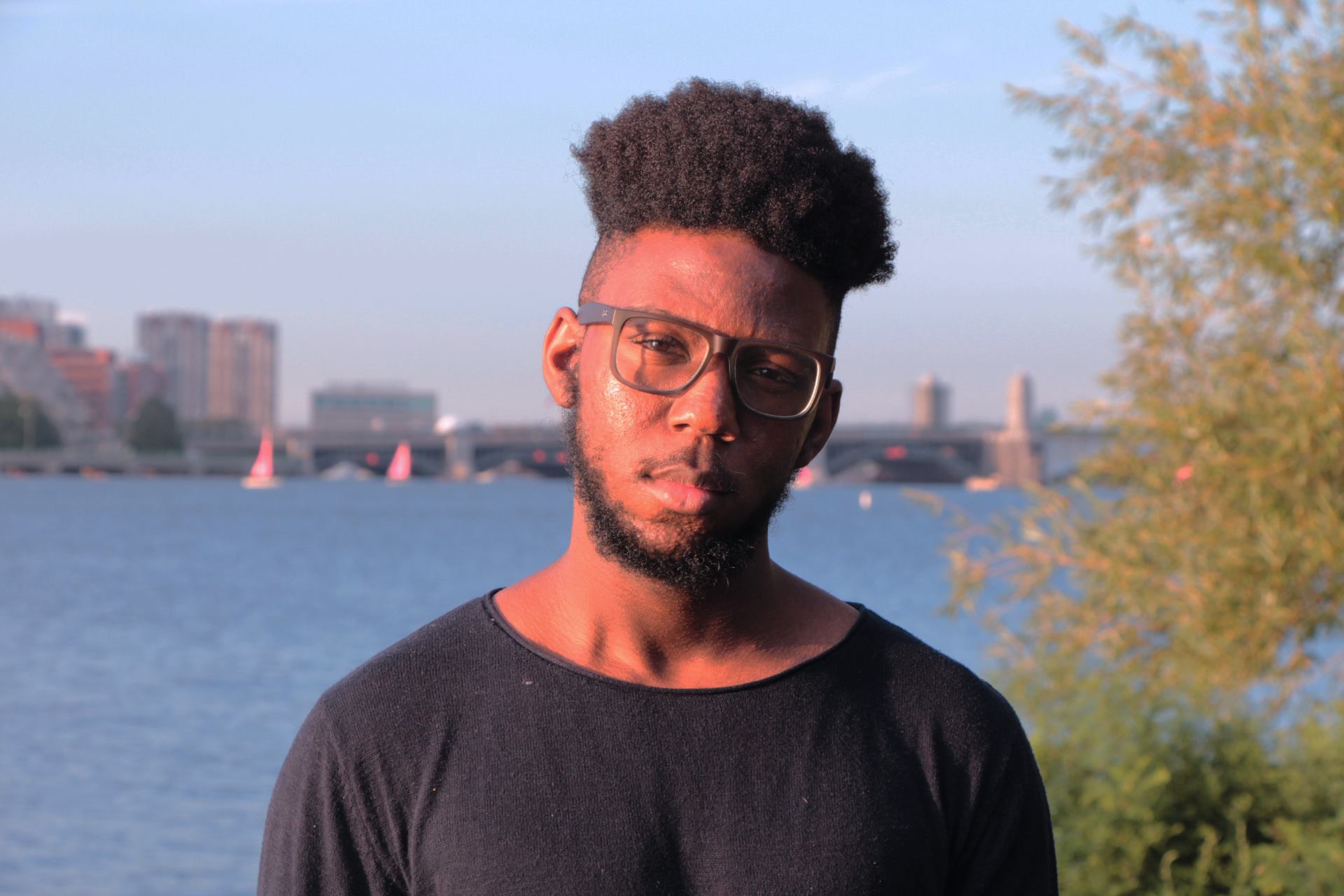The Political Life of Memes

By:
The Internet and one of its most beloved spawns, the meme, have changed the way young people consume and exhibit their politics.
Memes of old were often meant to simply capture situational reactions, such as confusion, in the case of the Confused Nick Young meme, or mockery, as with the “we’re dealing with a badass over here” Neil deGrasse Tyson meme. Some, like the infamously oversaturated Harambe memes, flood the Internet after a specific event has become a cultural watershed moment.
The simplicity of the average meme’s picture and text format, coupled with the plethora of meme generator websites, have made it the DIY tool of choice for millennial political expression. They’ve become the center of online communities, some of which, like the closed Facebook group Political Aesthetic Escape Pod, have tens of thousands of members that use memes to share their beliefs and thoughts about recent events.
Some memes have even bridged the gap between their reaction-based and political counterparts by blurring the lines between the personal and political. As existential and identity-based memes that celebrate diversity have arisen, so too have memes utilized for the express purpose of spreading hate and organizing around discrimination.
There were more than 900 active hate groups in the United States in 2016, according to a report by the Southern Poverty Law Center (SPLC), which monitors such groups. In their report, the SPLC described the so-called “alt-right” movement as “essentially a rebranding of white nationalism meant to make it seem more acceptable in the political mainstream.”
These groups have appropriated were previously innocuous memes. Illustrator Matt Furie, for example, was compelled to kill off his most well-known creation, Pepe the Frog, earlier this month, after the so-called “alt-right” took his cartoon and made it a hate symbol in the 2016 U.S. presidential election. At the same time as dank Bernie Sanders memes were propelling the then-candidate among millennials, this far-right movement began using meme culture as a tool to recruit young people into hate groups.
Members of the anti-racist and class-conscious organization Redneck Revolt have also used virtual spaces and political memes to recruit primarily working-class white people to their chapters around the country, cutting into the far-right’s target demographic.
Political meme culture has helped bring fringe communities to the fore and popularize radical political philosophies like communism among young people, both through gifs and pictures that, for better or worse, bring people together. As effective a communication tool as they’ve proven themselves to be — and with advertisers sporadically trying to capture their zeitgeist — it is unlikely that memes will disappear from the cultural landscape any time soon.
